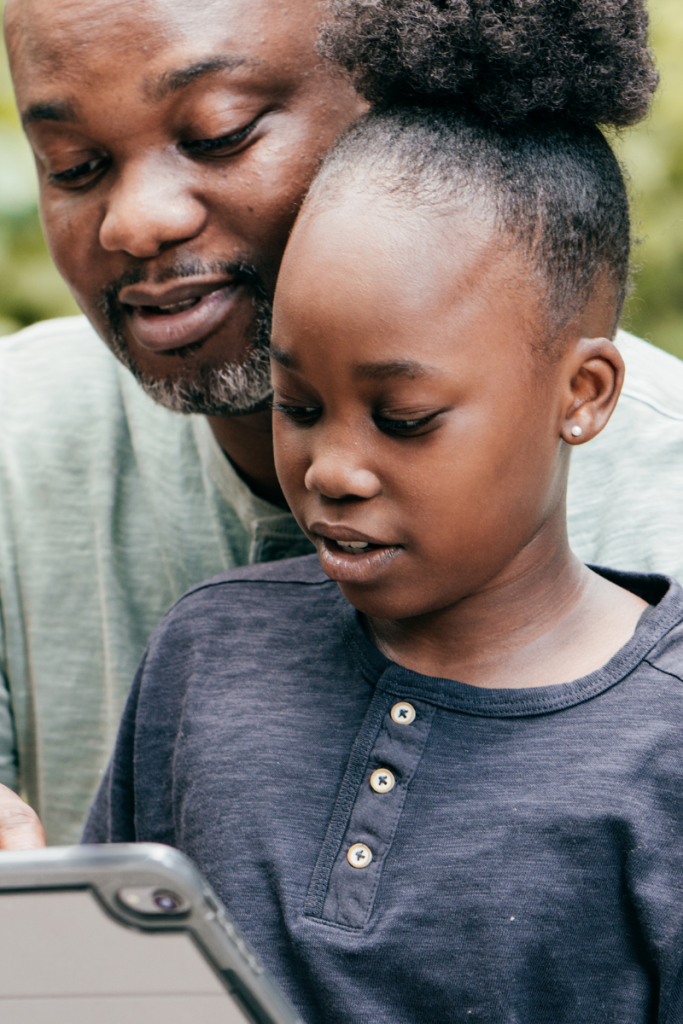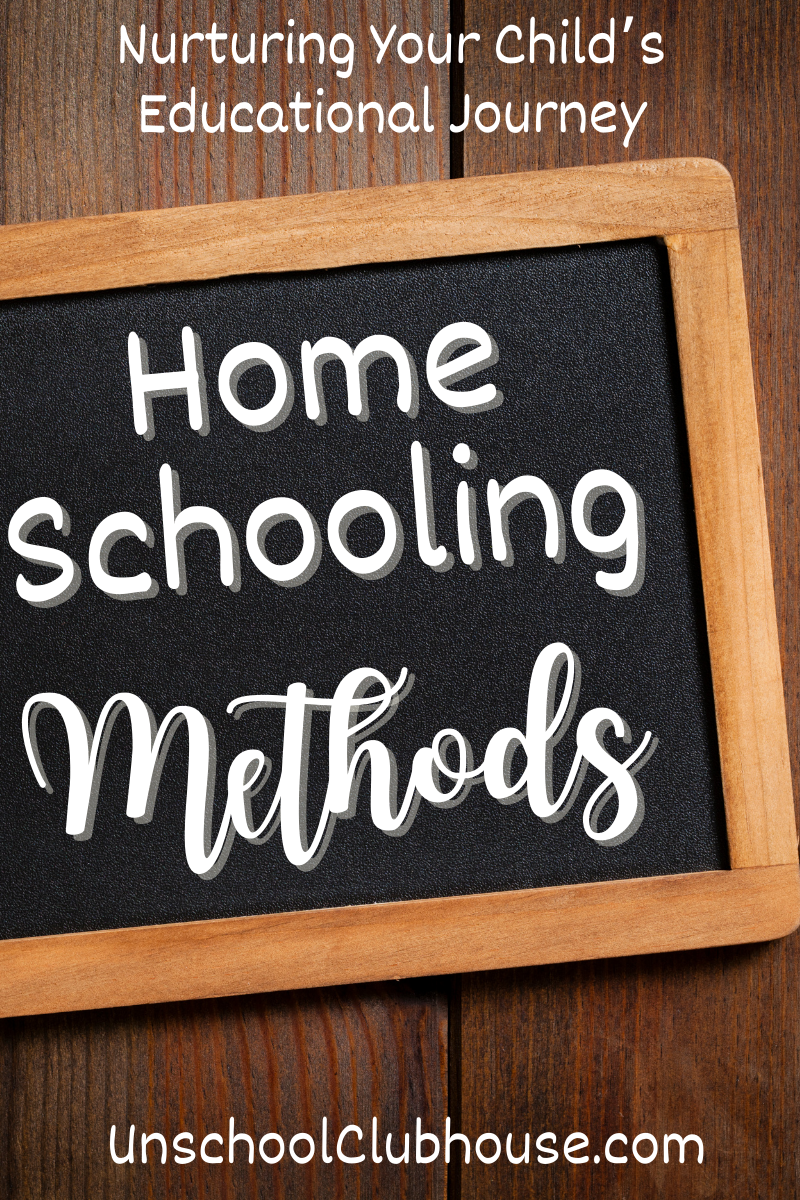Dear Clubhouse Peeps,
I'm reaching out for some homeschooling wisdom and guidance. As a newbie parent diving into the world of homeschooling, I'm feeling a bit lost amidst the sea of different methods out there. Can you lend a hand and help me navigate these waters? I'd be forever grateful!
Yours eagerly,
AdventurousHomeschooler
Dear Adventurous, we understand that navigating the wide array of homeschooling methods can feel overwhelming. But fear not! We're here to shed light on the various approaches, and help you to discover the perfect fit for your family's educational journey. Let's embark on this exciting exploration together! Here are some of the more popular methods and what they’re all about.
1. The Charlotte Mason Method: Cultivating a Love for Learning
The Charlotte Mason Method is named after the influential educator Charlotte Mason. It focuses on cultivating a love for learning through living books, nature studies, and short, focused lessons. This approach encourages your kids to engage with literature, experience the wonders of nature, and appreciate art and music as key parts of their education. With the Charlotte Mason Method, you can create a rich and immersive learning environment.
2. School at Home: Bridging the Familiar and the Homeschool World
The School at Home method offers a structured approach. It bridges the familiar elements of traditional schooling with the flexibility of homeschooling. By recreating a classroom environment within the home, parents utilize structured curricula, textbooks, workbooks, and formal teaching methods. This method provides a sense of familiarity for both students and parents. It may make it easier to transition from traditional school to homeschooling.

3. Embracing Eclectic Homeschooling: Crafting a Personalized Approach
Eclectic homeschooling empowers parents to create a personalized learning experience. Parents can select resources, teaching methods, and philosophies from various educational approaches. This method allows you to tailor your child's education based on their unique interests, learning styles, and strengths. By drawing from different sources, you can create a diverse and well-rounded curriculum that caters to your child's specific needs.
4. The Classical Education Journey: Building a Foundation for Lifelong Learning
The Classical Education method draws inspiration from ancient scholars. It follows a systematic approach based on the "trivium" stages: grammar, logic, and rhetoric. This method emphasizes critical thinking, language mastery, and a deep appreciation for knowledge. By incorporating classical texts, debates, and logical reasoning exercises, you can lay a strong foundation for lifelong learning.
5. Embracing the Digital Age: Online Schooling
Online schooling has gained popularity in the digital age. It provides homeschooling families with access to virtual classrooms, interactive lessons, and a global community of learners. This method offers flexibility, personalized learning experiences, and a wide range of online resources. With online schooling, you can harness the power of technology to create a dynamic and engaging educational environment.

6. Hybrid Schooling: Balancing the Best of Both Worlds
Hybrid schooling blends elements of traditional schooling and homeschooling. Students attend classes in-person on designated days, benefiting from face-to-face interaction with teachers and peers. On homeschooling days, parents take charge, providing a customized curriculum and individualized instruction. Hybrid schooling offers the best of both worlds, allowing for socialization and structured learning alongside the flexibility of homeschooling.
7. Creating Your Own Path: Eclectic Homeschooling
Eclectic homeschooling allows you the freedom to tailor your child's education. You can combine aspects of various educational philosophies, resources, and teaching methods. This approach allows you to create a personalized learning experience that fits your child's unique needs and interests. You can cherry-pick ideas and resources from different methods. Then you can craft a customized curriculum that fosters your child's growth and passion for learning.
8. Unleashing the Power of Unschooling: Child-Led Learning
Unschooling, or child-led learning, empowers children to take charge of their education by following their passions and interests. Learning happens organically through real-world experiences, exploration, and pursuing individual interests. Parents act as facilitators, providing resources , guidance, and support as their children navigate their educational journey. Unschooling recognizes that children are naturally curious and motivated to learn when they are genuinely interested in a subject.

Conclusion: Embrace the Diversity of Homeschooling and Ignite Your Child's Educational Journey!
As you explore the various homeschooling methods, first take the time to consider your family's values, your child's learning style, and the educational goals you wish to achieve. Remember that there is no one-size-fits-all approach. You have the freedom to combine elements from different methods or even create your own approach.
So, take the time to explore the different homeschooling methods we've discussed. Trust yourself as you make informed decisions about your child's education. Embrace the joy of learning together and cherish the amazing adventure of homeschooling.
We're here to support you every step of the way. If you have any questions or need further guidance on homeschooling, feel free to reach out. Happy homeschooling, and may your educational journey be filled with discovery, growth, and countless moments of inspiration!
